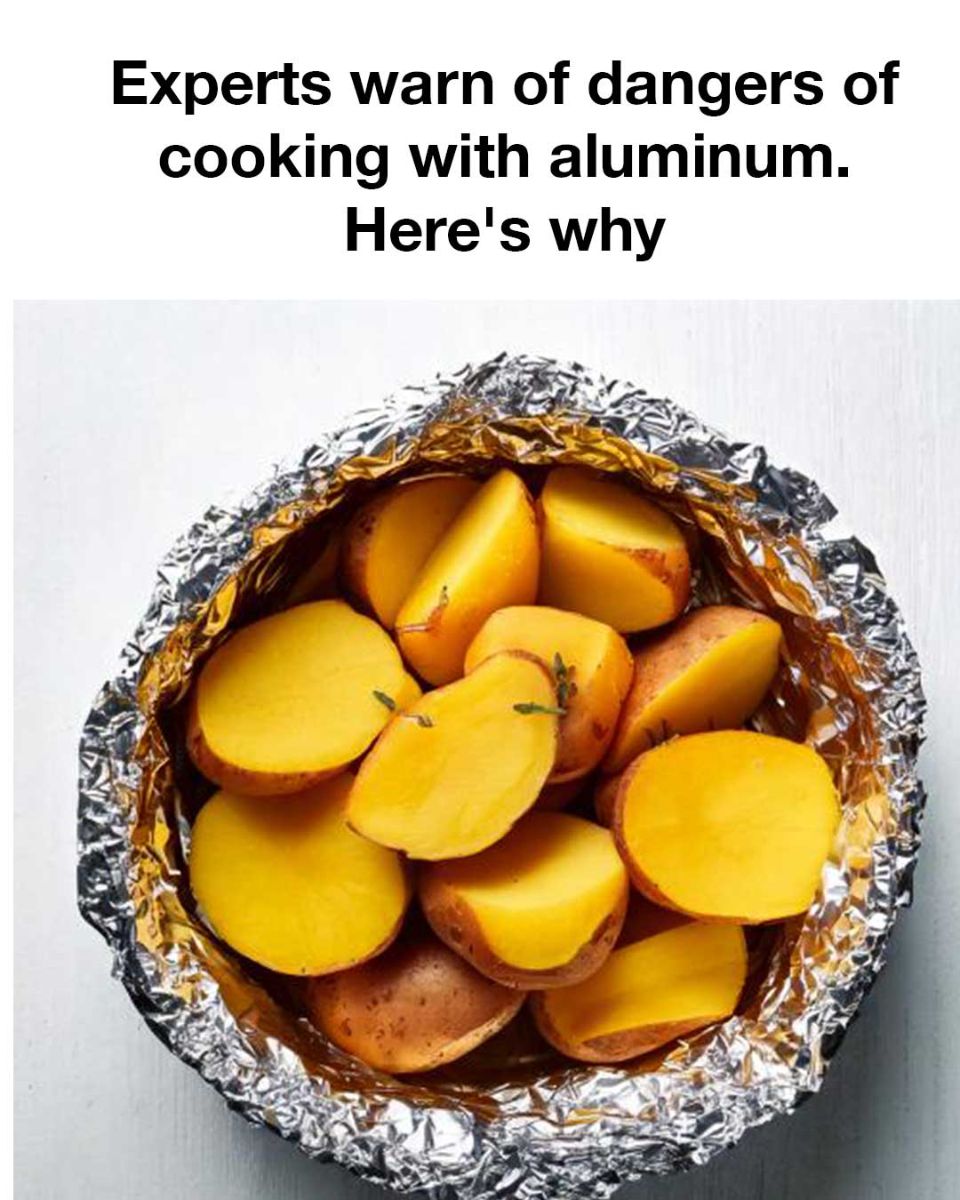Health Risks Associated With Aluminum Exposure

Great, now I have to toss it out
Exposure to high levels of aluminum has been linked to several health issues. While the body can excrete small amounts of aluminum, excessive exposure can accumulate in the body and potentially lead to neurological disorders. Some studies suggest a possible link between aluminum exposure and Alzheimer’s disease, although this connection remains a topic of debate. Other health concerns include potential impacts on bone health and kidney function.
Scientific Studies Linking Aluminum to Health Issues
Numerous studies have explored the relationship between aluminum exposure and health problems. Research has indicated that high levels of aluminum in the brain may be associated with neurodegenerative diseases. Animal studies have shown that aluminum can affect the nervous system, but translating these findings to human health remains complex. Despite ongoing research, the scientific community has not reached a consensus on the exact health risks posed by aluminum exposure from cookware.
How Aluminum Leaches Into Food During Cooking
Aluminum leaching occurs when the metal reacts with acidic or salty foods, such as tomatoes, citrus, or vinegar-based dishes. This reaction can cause aluminum to dissolve into the food, increasing the amount of metal ingested. Cooking at high temperatures or using scratched or worn cookware can exacerbate this leaching process. Understanding these factors is crucial for minimizing aluminum exposure in the kitchen.
Comparing Aluminum Cookware to Other Materials
When considering cookware materials, it’s important to weigh the pros and cons of each. Stainless steel, cast iron, and ceramic are popular alternatives to aluminum. Stainless steel is durable and resistant to leaching, though it may not conduct heat as efficiently. Cast iron provides excellent heat retention but requires maintenance to prevent rust. Ceramic cookware offers a non-reactive surface but can be prone to chipping. Each material has its benefits and drawbacks, and choosing the right one depends on individual cooking needs and health considerations.
Expert Opinions on the Safety of Aluminum Cookware
Experts are divided on the safety of aluminum cookware. Some argue that the levels of aluminum leached into food are too low to pose significant health risks, especially when using anodized aluminum, which has a protective layer that reduces leaching. Others caution that long-term exposure, even at low levels, could be harmful, particularly for individuals with certain health conditions. Consulting with health professionals and staying informed about the latest research can help consumers make better decisions.
Regulatory Guidelines and Recommendations
Regulatory bodies such as the World Health Organization (WHO) and the Food and Drug Administration (FDA) have established guidelines for safe aluminum exposure levels. These guidelines are based on current scientific evidence and aim to protect public health. While aluminum cookware is generally considered safe for use, these organizations recommend minimizing exposure by avoiding cooking highly acidic or salty foods in aluminum pots and pans.
Alternatives to Aluminum Cookware for Safer Cooking
For those concerned about aluminum exposure, several alternative cookware options are available. Stainless steel, cast iron, glass, and ceramic cookware are all viable choices that do not pose the same leaching risks as aluminum. Each alternative has its own set of characteristics, from heat conductivity to maintenance requirements, allowing consumers to choose based on their cooking preferences and health priorities.
Practical Tips for Reducing Aluminum Exposure in the Kitchen
To reduce aluminum exposure, consider using anodized aluminum cookware, which has a protective layer that minimizes leaching. Avoid cooking or storing acidic or salty foods in aluminum containers. Regularly inspect cookware for scratches or damage, as these can increase leaching. Additionally, consider incorporating a variety of cookware materials into your kitchen to diversify your cooking methods and reduce reliance on aluminum.
Conclusion: Weighing the Risks and Making Informed Choices
While the debate over the safety of aluminum cookware continues, being informed about the potential risks and benefits is crucial. By understanding how aluminum interacts with food and exploring alternative cookware options, consumers can make choices that align with their health concerns and cooking habits. Ultimately, balancing convenience, safety, and personal preferences will guide individuals in making the best decisions for their kitchens.
